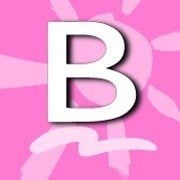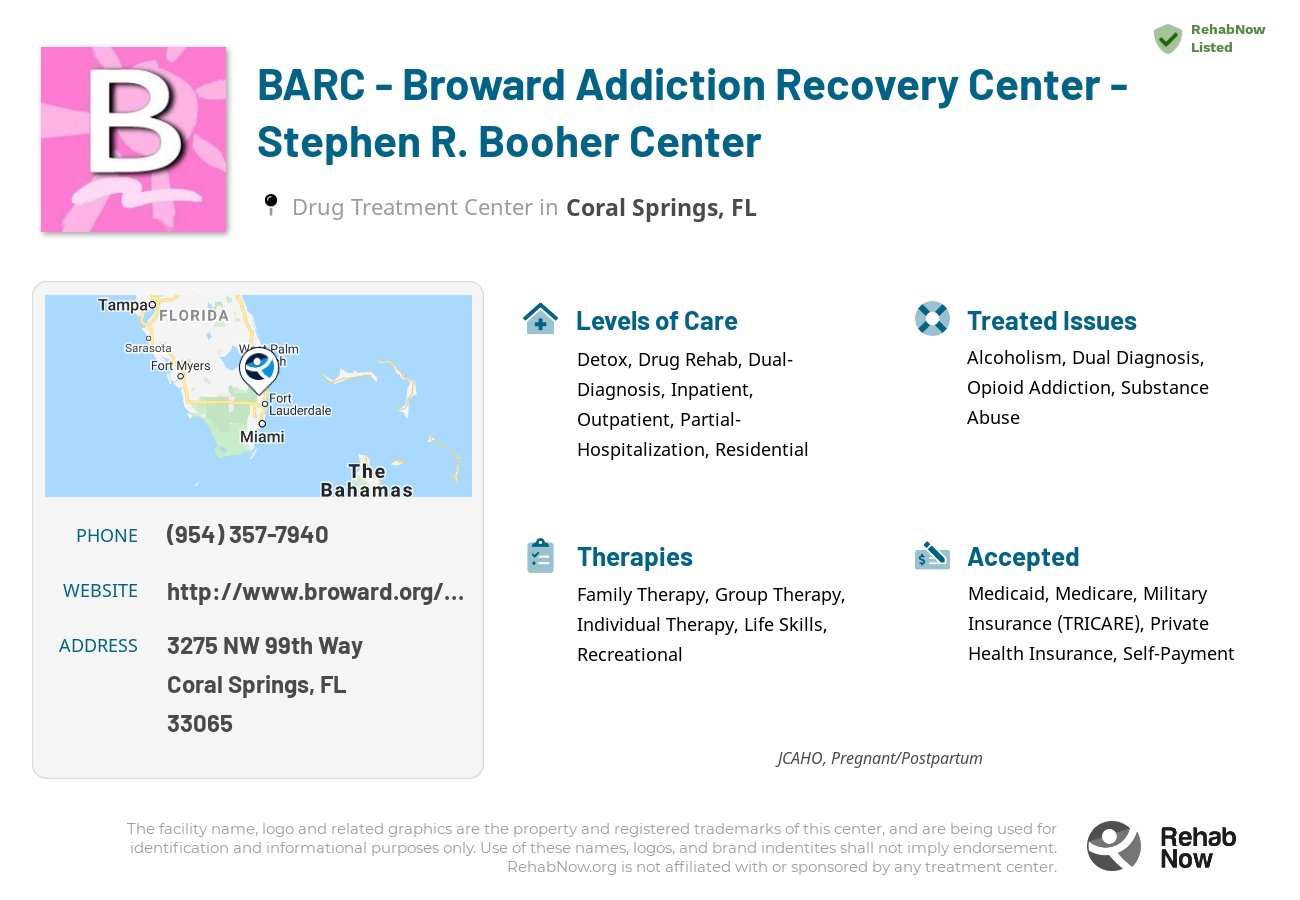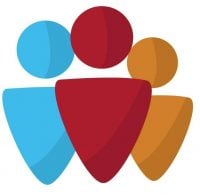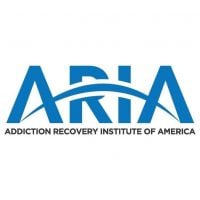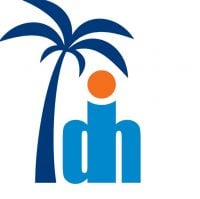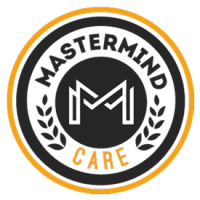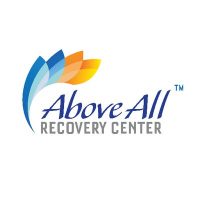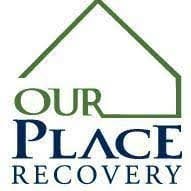BARC - Broward Addiction Recovery Center - Stephen R. Booher Center
Drug Rehab Center in Coral Springs, Florida
BARC Broward Addiction Recovery Center is a 92-bed accredited facility offering comprehensive levels of care, such as detox, drug rehab, dual-diagnosis, inpatient and outpatient programs for individuals struggling with substance abuse and addiction issues, providing all accepted patients with private health insurance coverage.
About BARC - Broward Addiction Recovery Center - Stephen R. Booher Center in Florida
Broward Addiction Recovery Center (BARC) - Stephen R. Booher Center, nestled in Coral Springs, Florida, stands out not just for its comprehensive residential and outpatient programs aimed at substance abuse and co-occurring disorders, but also for its unique focus on improving life skills and fostering strong community support. It boasts a 92-bed facility staffed with professionals committed to offering effective, individualized care.
Accredited by JCAHO, BARC emphasizes a holistic approach to recovery, integrating individual, group, and family counseling into their treatment plans. This center is dedicated to aiding those 18 and over in navigating the path to sobriety, with special services like the Perinatal Addiction Program adding depth to their care spectrum.
- Individualized Treatment Plans highlight the center's commitment to tailored care, addressing each client's unique needs.
- Special Programs for pregnant women and non-pregnant women, including the Perinatal Addiction Program, focus on delivering drug-free babies and support through early motherhood.
- Extensive Collaboration with health providers ensures comprehensive support and seamless referral to necessary services beyond their scope.
BARC - Stephen R. Booher Center confronts a wide array of addictions and issues, ranging from opioid addiction and substance abuse to co-occurring mental health disorders. Utilizing a blend of therapeutic methods within their residential and outpatient settings, they offer a supportive environment for recovery at various levels of care, facilitating not just abstinence but a holistic improvement in life quality.
Genders
Ages
Modality
Additional
Accreditations

JCAHO
Conditions and Issues Treated
Substance abuse is defined by the continued use of drugs or alcohol despite negative consequences, such as legal or work problems. It can be treated using a variety of services, including therapy and medication.
Substance abuse treatment is beneficial for:
- People who have been using drugs or alcohol for a long time.
- People who have been using drugs or alcohol to cope with stress, anxiety, or depression.
- People who have a mental health disorder in conjunction with substance abuse.
- People who continue to use drugs or alcohol despite the harmful effects they cause on their own life and the lives of others.
- People who have had multiple failed attempts at recovery without medical assistance.
If you believe that addiction treatment is right for you or a loved one, you can contact your primary care physician, or search for addiction treatment centers in your area. Treatment is beneficial to people who are motivated towards recovery, and who understand the benefits of professional care.
Opioid addiction is a common form of addiction, often caused by prescription drugs that are abused. Addiction is treated by detoxifying the body and following up with therapies to correct behavior and target the root of the problem.
Most opioid addiction begins with patients being prescribed painkillers after an injury or surgery. The body becomes used to the chemicals in these medications and soon no longer responds to their presence. As a result, addicts seek out stronger opiate-based medications like Oxycodone to compensate for the lack of effectiveness.
The most dangerous aspect is that these addictive behaviors often get carried over onto illicit drugs like heroin, which are increasingly potent and result in lower life expectancies.
Dual Diagnosis treatment centers like BARC - Broward Addiction Recovery Center - Stephen R. Booher Center provide this treatment tailored to the patient’s specific needs, and they also have a specialized focus on addiction treatment. Drug and alcohol addiction often coexists with another mental illness, such as depression or schizophrenia. In other words, drug addiction is only a symptom of a deeper problem.
When addiction enters into the picture, it can often lead to dangerous consequences in the addict’s life. For example, when addiction is paired with major depression, it can lead to suicidal thoughts or actions. When someone is addicted to drugs or alcohol, they often experience a failure to control their impulses and difficulty decision-making.
Dual diagnosis for drug addicts can be very effective when treating drug addiction in Coral Springs, FL.
Levels of Care Offered
This center offers a variety of custom treatment tailored to individual recovery. Currently available are Detox, Drug Rehab, Dual-Diagnosis, Inpatient, Outpatient, Partial-Hospitalization, Residential, with additional therapies available as listed below.
Detox is the body’s process of removing toxins. In substance abuse, detox refers to the process of getting rid of drugs already present in the system once the patient stops further intake. Detox is the initial recovery step. Physiological drug dependence over time can lead to symptoms of withdrawal. Depending on the symptom severity, the detox process is managed either medically or clinically. While medically assisted detox relies on specific medicines, clinical or social detox relies on providing the patient with emotional and psychological support.
The inpatient rehab at BARC - Broward Addiction Recovery Center - Stephen R. Booher Center promises an intense and effective treatment. Inpatient rehabs are particularly recommended for those with a severe addiction to drugs. Detoxing at a rehab center ensures that the patient receives 24-hour medical supervision to ensure the best possible chance of recovery. Medical staff is readily available to intervene in case of withdrawal symptoms or other complications. This is not the case with outpatient treatment, where patients may be discharged after the detoxification process is complete.
Inpatient facilities provide residential and holistic treatment, with access to experienced medical professionals and rehab specialists. This ensures the best possible recovery and is recommended for patients with severe addiction seeking drug treatment.
Outpatient treatment programs are less intensive than an inpatient program. Participants live at home while working or going to school. Benefits include being able to continue relationships with family, friends, and work/studies. Treatment includes educating patient on addiction to drugs, medication, and counseling. Benefits include being able to continue relationships with family, friends, and work/studies. Treatment includes educating patient on addiction to drugs, medication, and counseling. Counseling sessions are for either individual or group.
A Partial Hospitalization Program is the safest way for a person suffering from addiction to get treatment without putting their family at risk. The addict has the freedom to check in and out of treatment, yet they still receive outside guidance and confinement if needed to beat their addiction.
An addict in a Partial Hospitalization Program will meet with medical and psychological professionals and undergo drug testing, all of which can lead to a diagnosis and the beginning of an effective treatment plan. Treatment can include individual counseling, group therapy, family therapy, community support sessions, and more.
Residential treatment programs are those that offer housing and meals in addition to substance abuse treatment. Rehab facilities that offer residential treatment allow patients to focus solely on recovery, in an environment totally separate from their lives. Some rehab centers specialize in short-term residential treatment (a few days to a week or two), while others solely provide treatment on a long-term basis (several weeks to months). Some offer both, and tailor treatment to the patient’s individual requirements.
Therapies & Programs
Individualized Treatment is essential because it gives addicts the ability to participate in a program that meets their unique needs. An addict should work with professionals who understand what they’re going through, especially if the addict is actively using.
Trying to find a treatment program that meets your needs can be challenging. It’s even more complicated if you don’t know what kind of treatment you need. Being able to have professionals who are experienced with treating your situation is key to getting sober. Finding the right treatment program for an addict is difficult, but it’s even harder without communicating with those who have experience treating your specific situation.
Family dysfunction can often be the underlying cause of substance abuse. To get sober, you need to find a different way to cope with the pain in your life. Family therapy can help you and your family deal with old issues that may trigger substance abuse. It will help everyone understand why each member of the family feels and acts the way they do. It can give everyone new tools to manage their emotions so that they don’t want to drink or do drugs.
A person looking for drug recovery should know that group therapy is an essential tool. Group therapy provides accountability and friendship to people with addiction. It is recommended as a lifetime treatment habit. Group therapy occurs in a group setting as opposed to a one-on-one setting. It benefits patients by providing a feeling of support and letting them know they are not alone. Patients at BARC - Broward Addiction Recovery Center - Stephen R. Booher Center also learn to build trust and understanding and gain perspective through discussions.
Life skills training is beneficial for addicts in recovery because it helps them learn how to take care of themselves and improve their quality of life, which can promote feelings of purpose and motivation.
This type of treatment works by teaching individuals life-enhancing skills that support positive living, including:
- Healthy lifestyle habits
- Skills to effectively manage stress
- Effective communication skills to help them get their needs met without turning to drugs or alcohol
- Money management and budgeting skills so they can continue to take care of themselves after treatment ends.
Payment Options Accepted
For specific insurance or payment methods please contact us.
Is your insurance accepted?
Ask an expert, call (888) 674-0062
BARC Associated Centers
Discover treatment facilities under the same provider.
- BARC - Detox/Outpatient in Fort Lauderdale, FL
- BARC - Stephen R Booher Facility in Pompano Beach, FL
- BARC - West / PAP in Fort Lauderdale, FL
- Broward Addiction Recovery Center - Edgar P Mills Multi Purpose Center in Fort Lauderdale, FL
Learn More About BARC Centers
Additional Details
Specifics, location, and helpful extra information.
Coral Springs, Florida 33065 Phone Number(954) 357-7940 Meta DetailsUpdated April 15, 2024
Staff Verified
BARC - Broward Addiction Recovery Center - Stephen R. Booher Center Patient Reviews
There are no reviews yet. Be the first one to write one.
Coral Springs, Florida Addiction Information
Florida is one of the nation's epicenters for substance abuse and drug-related overdoses. In 2014, around 410,000 Florida residents were addicted to drugs and alcohol. Over the last 10 years, 12% of all deaths in the state were attributed to substance abuse. Treatment admissions for alcohol reached 24,329 patients in 2016, and 2.5% of Florida high school students admitted to using crack cocaine.
9% of people in Coral Springs, Florida reported using an illicit drug in the past month. 12% of adults abused alcohol, and 4% abused prescription drugs. 12% of adults in Coral Springs abused alcohol regularly. In addition, Coral Springs has a high rate of homelessness, which can contribute to drug abuse problems.
Treatment in Nearby Cities
- Palm Bay, FL (123.7 mi.)
- Oakland Park, FL (10.4 mi.)
- Wauchula, FL (130.3 mi.)
- Thonotosassa, FL (176.5 mi.)
- Wimauma, FL (160.5 mi.)
Centers near BARC - Broward Addiction Recovery Center - Stephen R. Booher Center
The facility name, logo and brand are the property and registered trademarks of BARC - Broward Addiction Recovery Center - Stephen R. Booher Center, and are being used for identification and informational purposes only. Use of these names, logos and brands shall not imply endorsement. RehabNow.org is not affiliated with or sponsored by BARC - Broward Addiction Recovery Center - Stephen R. Booher Center.
